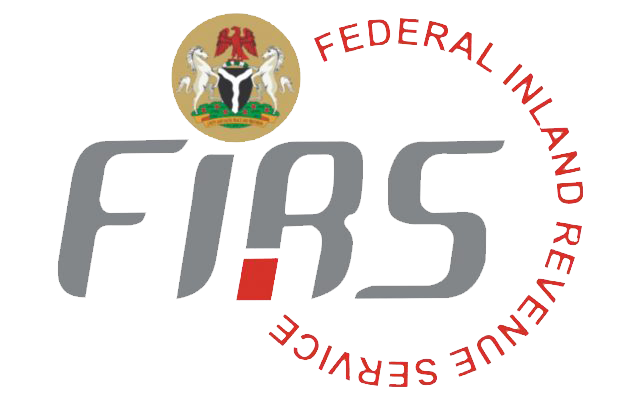FIRS Rescind on Decision to Freeze Tax Defaulters’ Accounts
The Federal Inland Revenue Service (FIRS) has withdrawn on its directives to freeze tax defaulters accounts in banks. This was as a results of complaints and protests by Nigerians and industry specialists, the Agency has written to banks, advising them to lift the lien on tax defaulters’ financial balances for 30 days.

The order, which produces prompt results, was contained in a letter from the Chairman, FIRS, to bank Managing Directors. The office clarified that it issued the mandate due to the huge number of citizens, who have assaulted its workplaces in their offer to regularize their assessment positions and the burdens they are experiencing.
It ought to be recollected that the FIRS as of late issued Letters of Substitution, according to Section 49 of the Companies Income Tax Act (CITA) 2004 and Section 31 of the Federal Inland Revenue Service Establishment Act (FIRSEA) 2007, to banks in Nigeria, delegating them as tax collecting agents for certain listed clients keeping up accounts with such banks.
The FIRS, in the said Letters of Substitution, affirmed that the affected organizations have ruptured their tax commitments by neglecting to cover regulatory obligation to the FIRS, as and when due, and furnished the banks with details of particular sum owed by each organization. The banks were coordinated to set aside the outstanding totals and debit the accounts over the required funds or fractional installment of the supposed tax obligation.
SOW Professional Services Ltd (a Tax & Management Consulting Firm in Nigeria) had on Thursday expressed that FIRS have gone draconian by offering fiats to banks to solidify records of suspected assessment defaulters.
“The present practice whereby the FIRS issues fiats to solidify citizens’ financial balances by and large and to request that Banks make good on supposed remarkable regulatory obligation liabilities from clients’ bank adjusts without plan of action to influenced people, is draconian.
This will increase suspicion about Federal Government’s drive to enhance the simplicity of doing business in Nigeria, decrease the dependability of the Nigerian assessment framework, and disintegrate investors trust in the Nigerian economy, if not reversed.



